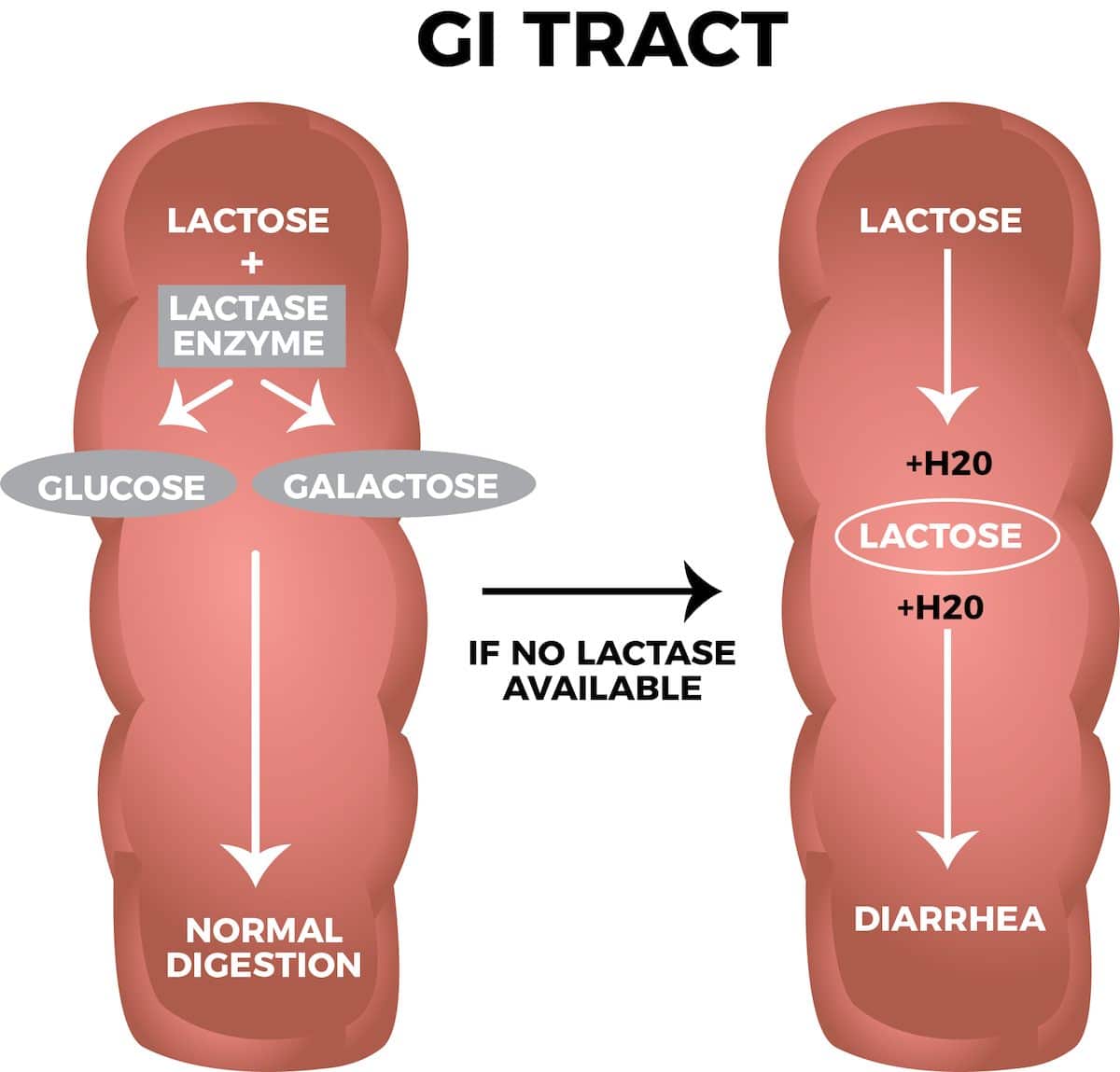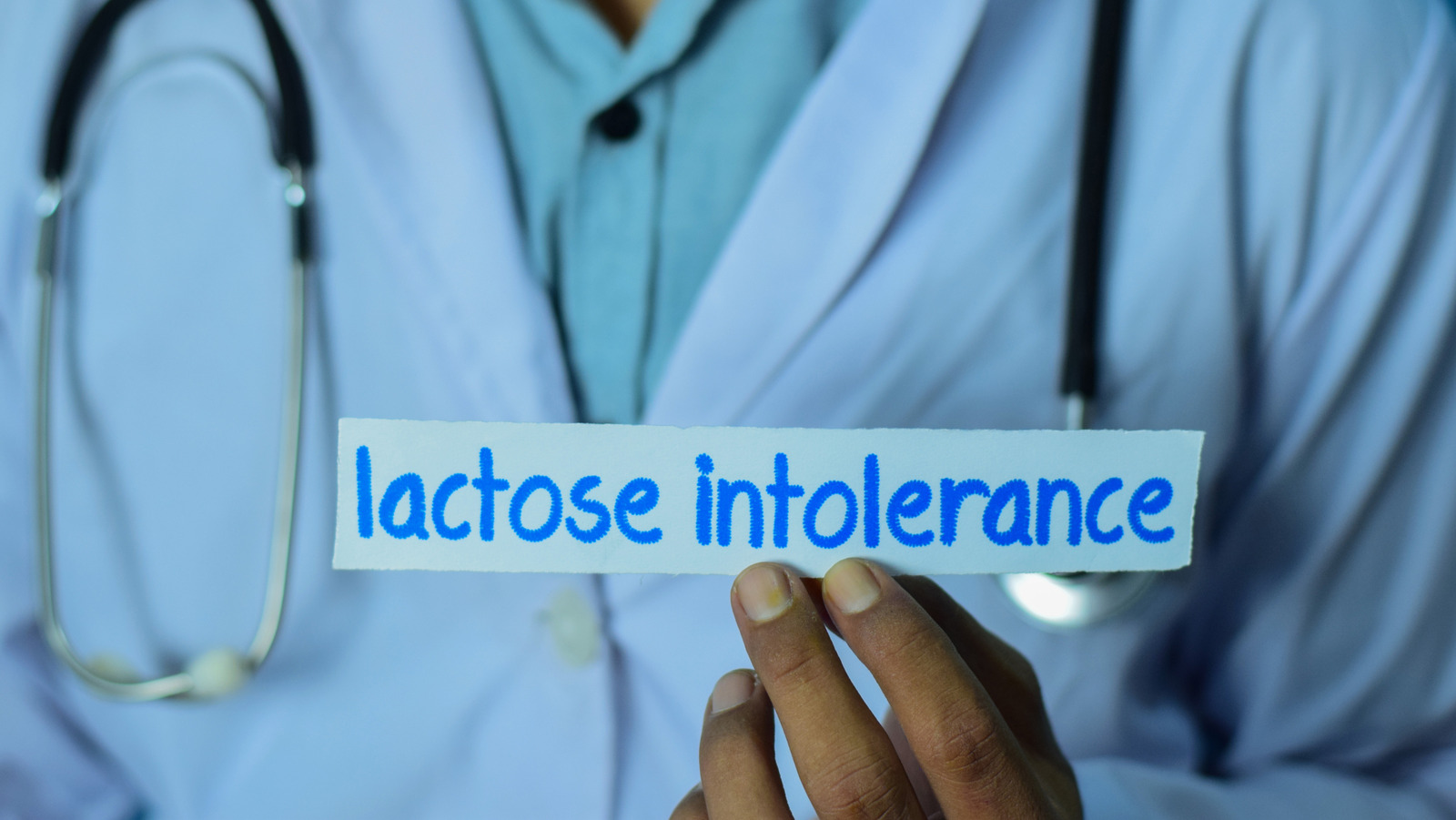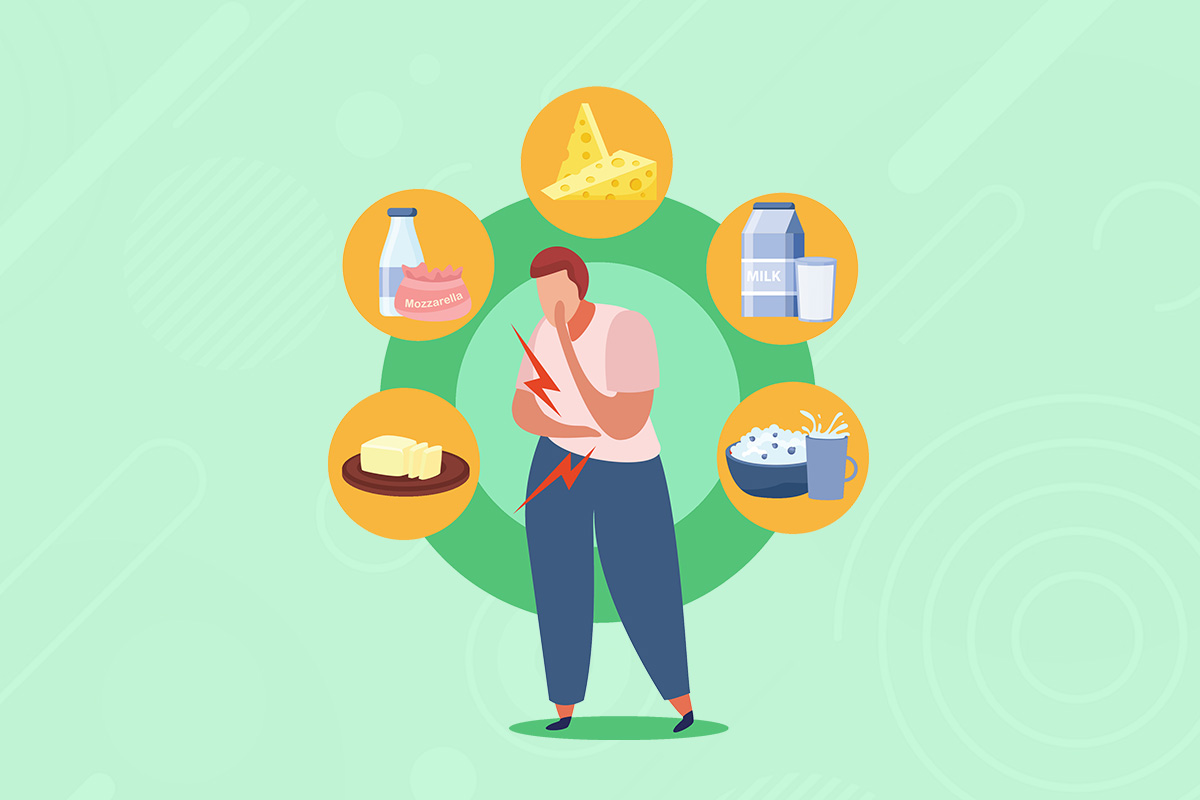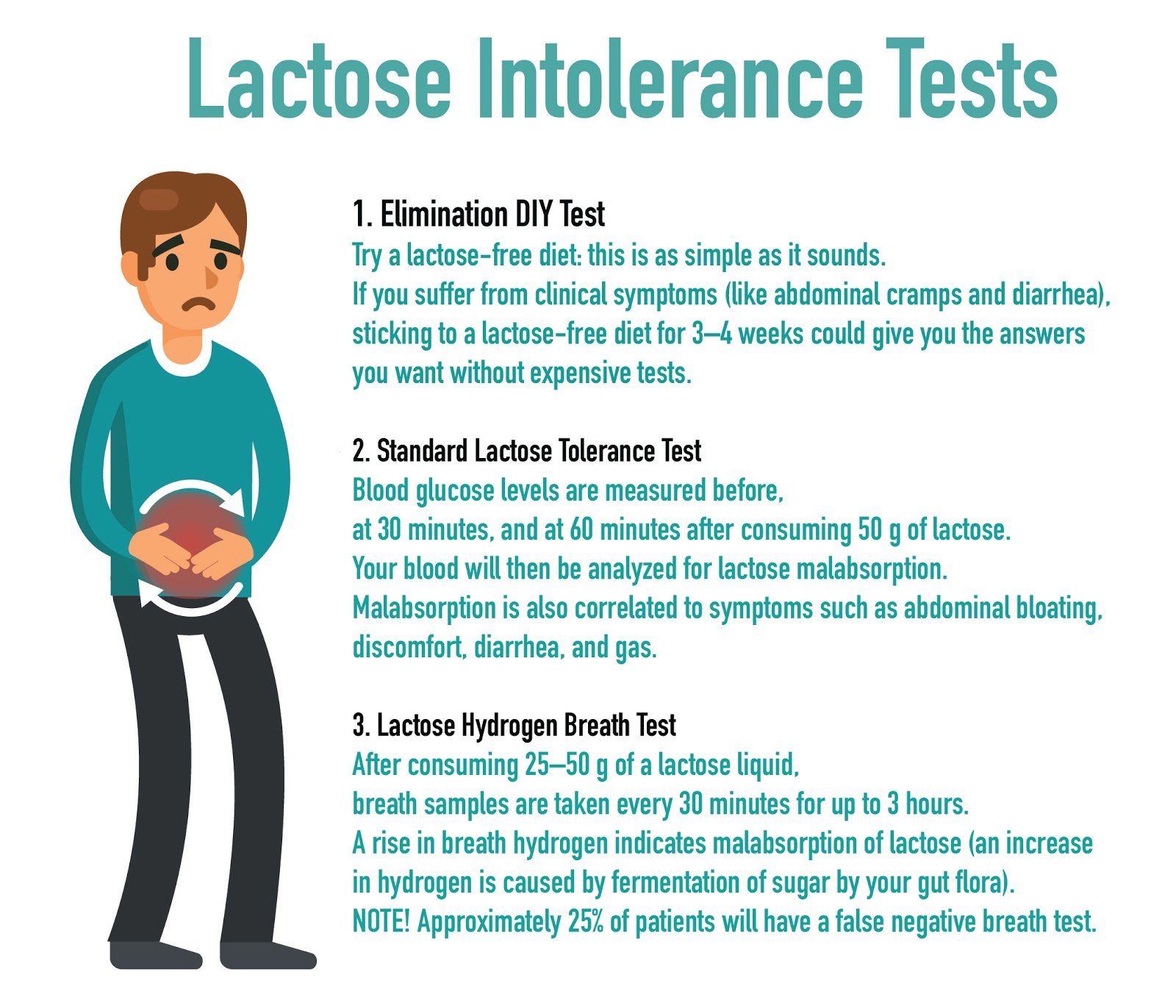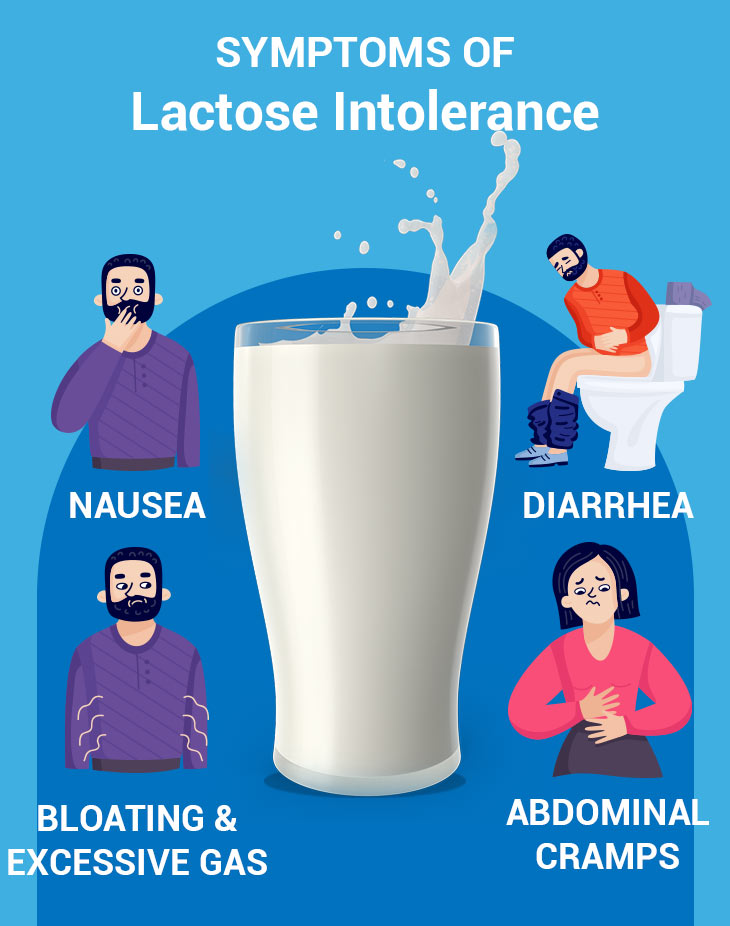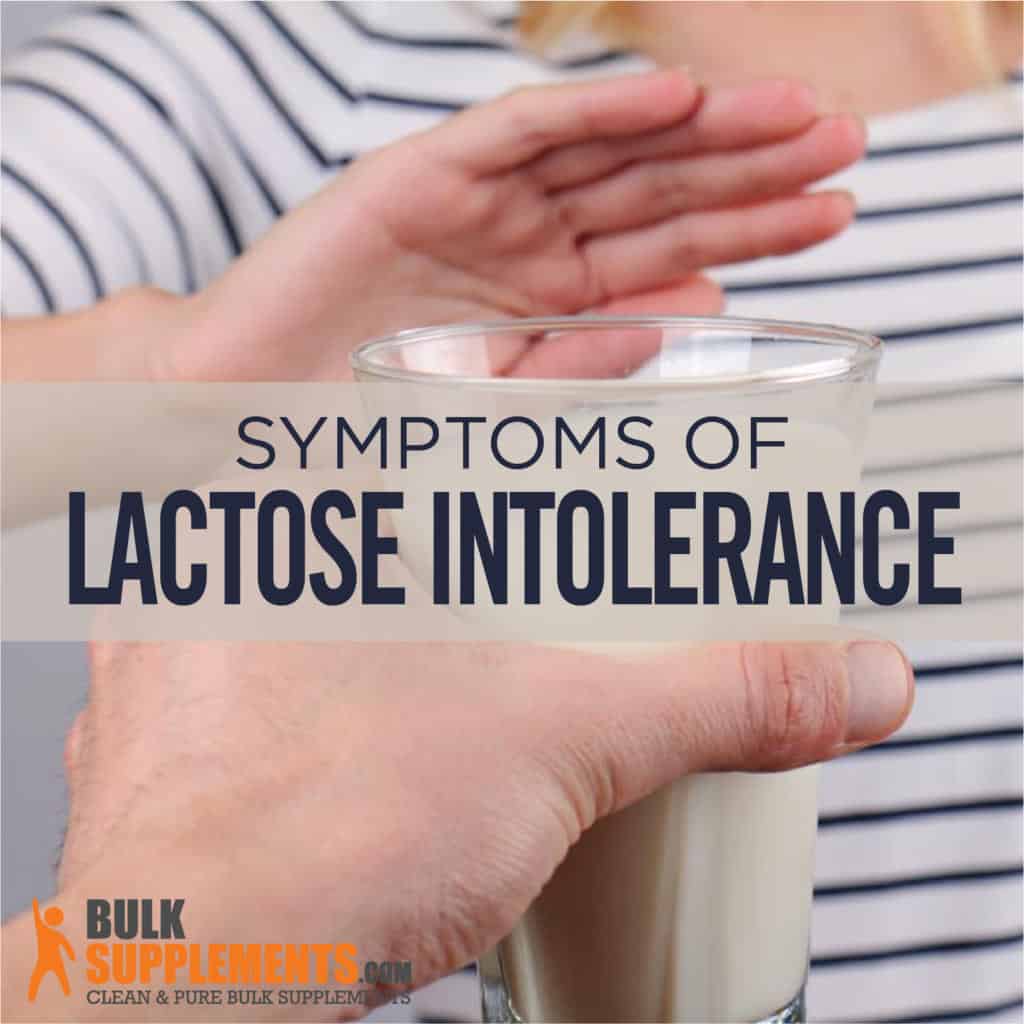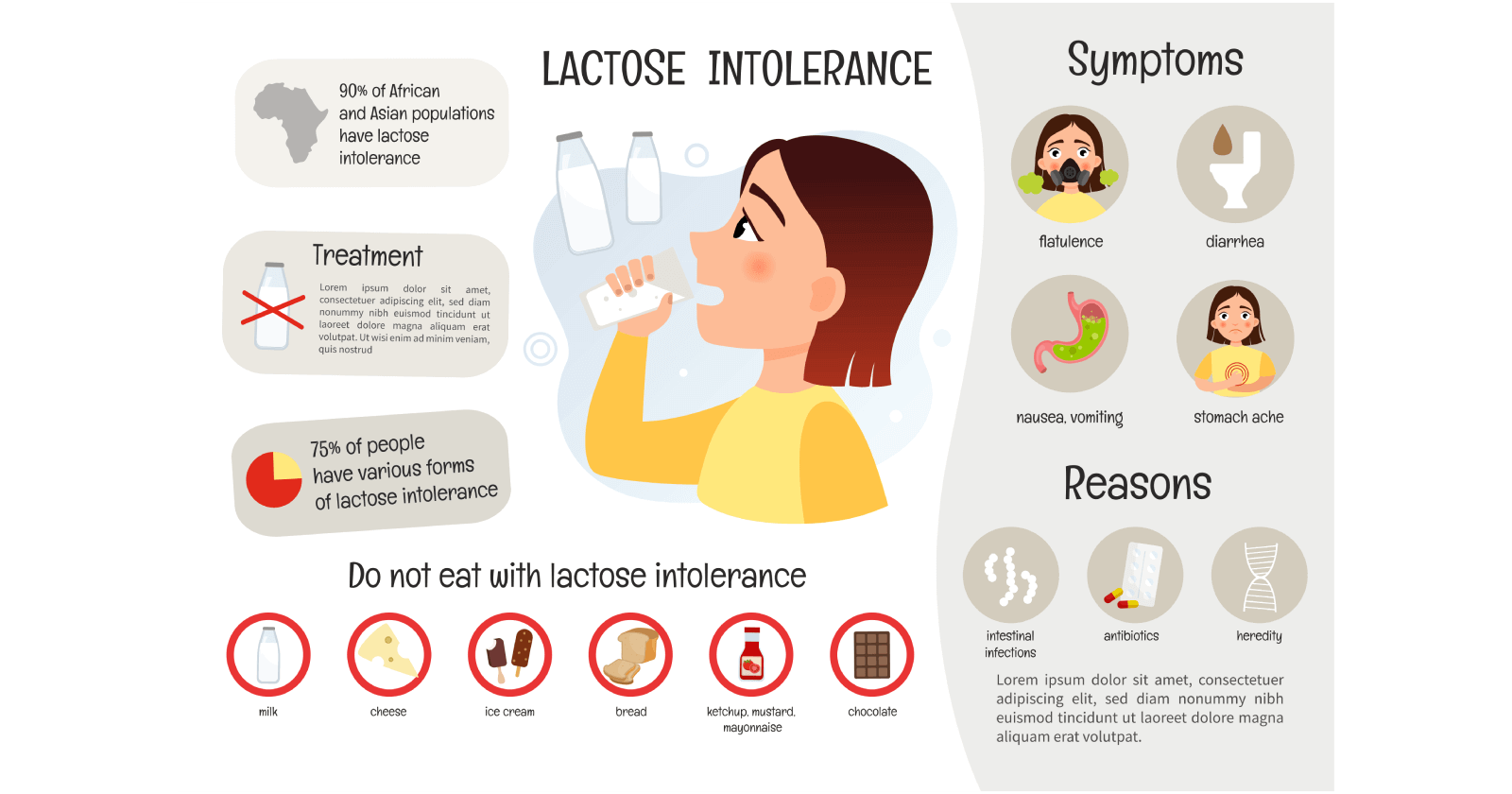Supreme Tips About How To Become Lactose Tolerant

This condition often runs in families.
How to become lactose tolerant. Lactose intolerance is the inability to digest lactose, the sugar in milk and dairy products. Just because you have lactose intolerance—that is, you’ve lost most of your ability to break down lactose—doesn’t mean you need to avoid dairy forever. As you become more tolerant of dairy products, you can try higher lactose items such as soft cheeses, cream, and even fluid milk.
Lactose cannot be directly absorbed in the intestinal tract and must, instead, be broken down into its two smaller component sugars by an enzyme called lactase. Home health a to z lactose intolerance lactose intolerance is when you get symptoms, such as tummy pain, after eating food containing lactose, a sugar found in dairy. When you eat or drink dairy products, enzymes in your small intestine digest lactose, so the body can make energy.
You may also be asked to eat a. Doctors & departments on this page diagnosis treatment self care alternative medicine preparing for your appointment diagnosis your doctor might. Stomach and gut what you need to know lactose intolerance is an inability to digest lactose, a sugar found in milk and milk products.
But at that time, they lacked a genetic mutation that would have. Lactose intolerance is a condition where you can't digest the lactose in milk or dairy products. In people with lactose intolerance, a certain.
Learn about signs and treatment. Lactose intolerance is the inability to break down lactose, a natural sugar. Summary using medication to manage pain and bloating, making dietary changes, and taking a lactase pill before eating can alleviate uncomfortable symptoms of.
Learn more about this common condition from webmd. To check for a milk allergy, your doctor may take a blood sample or prick your skin and put some milk on it to see if there is a reaction. It can be inherited or developed by various factors, such as age, disease,.
In a study published today in nature, researchers compared archaeological evidence for 9,000 years of european milk use with genetics, and found an unusually. Ancient european farmers who made cheese thousands of years ago certainly had it.


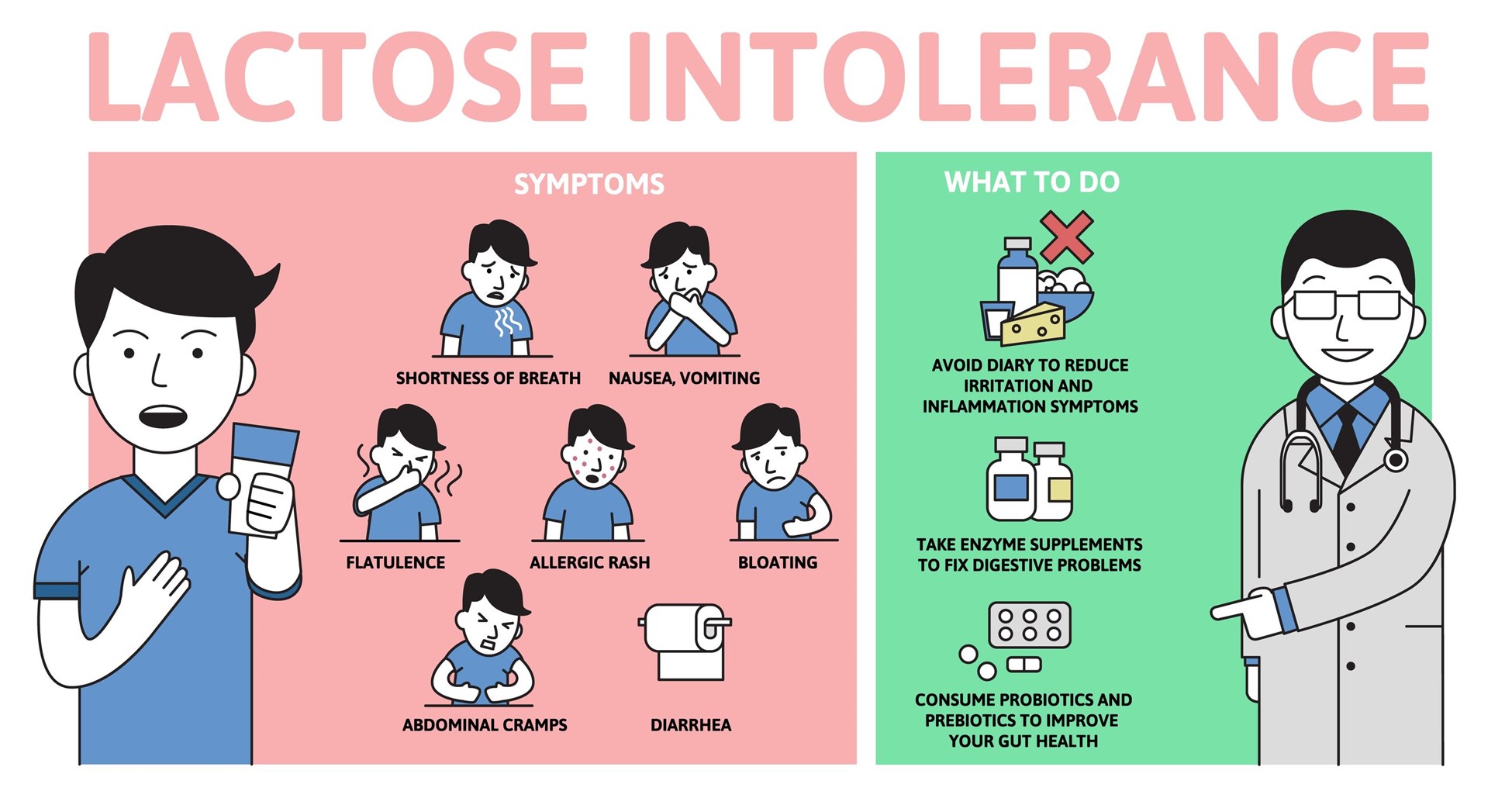
:max_bytes(150000):strip_icc()/what-is-lactose-intolerance-1941689_final-7f3345841fdc42aab4968984df43a4f4.jpg)
